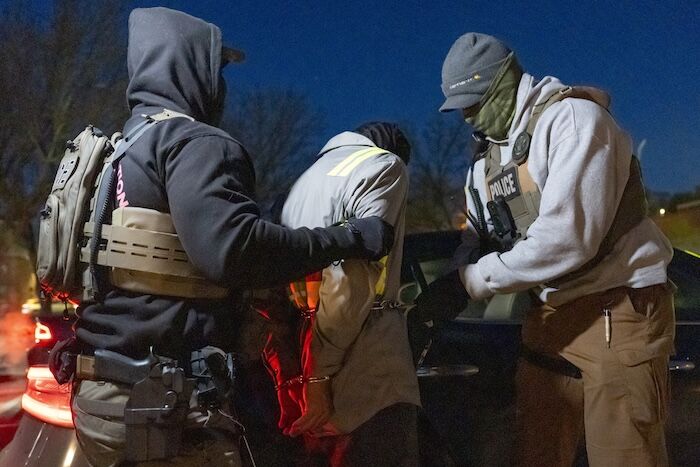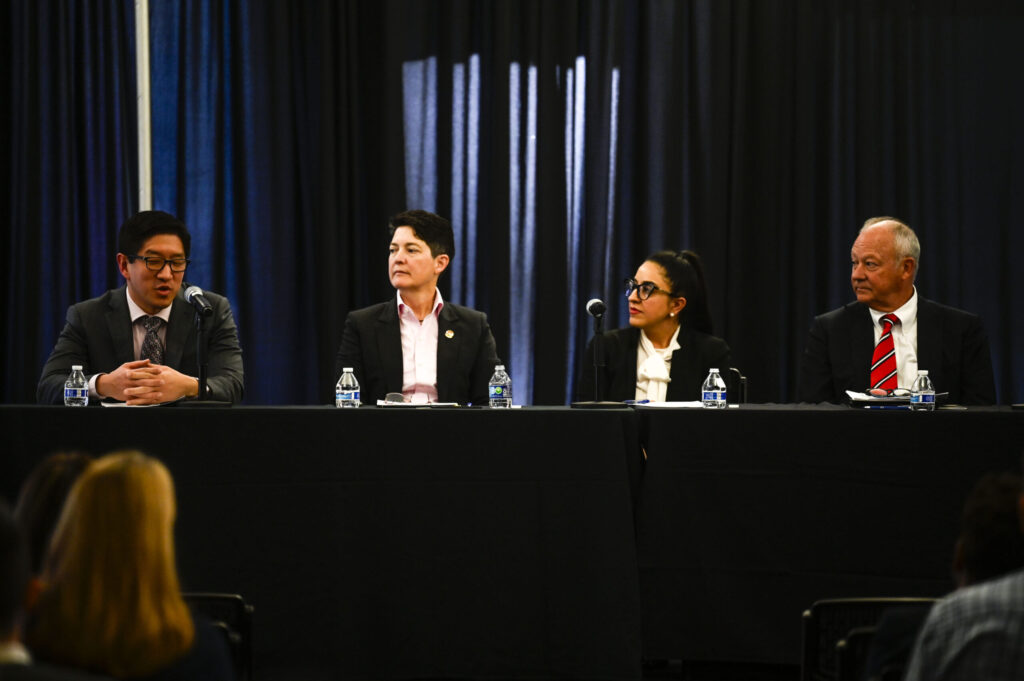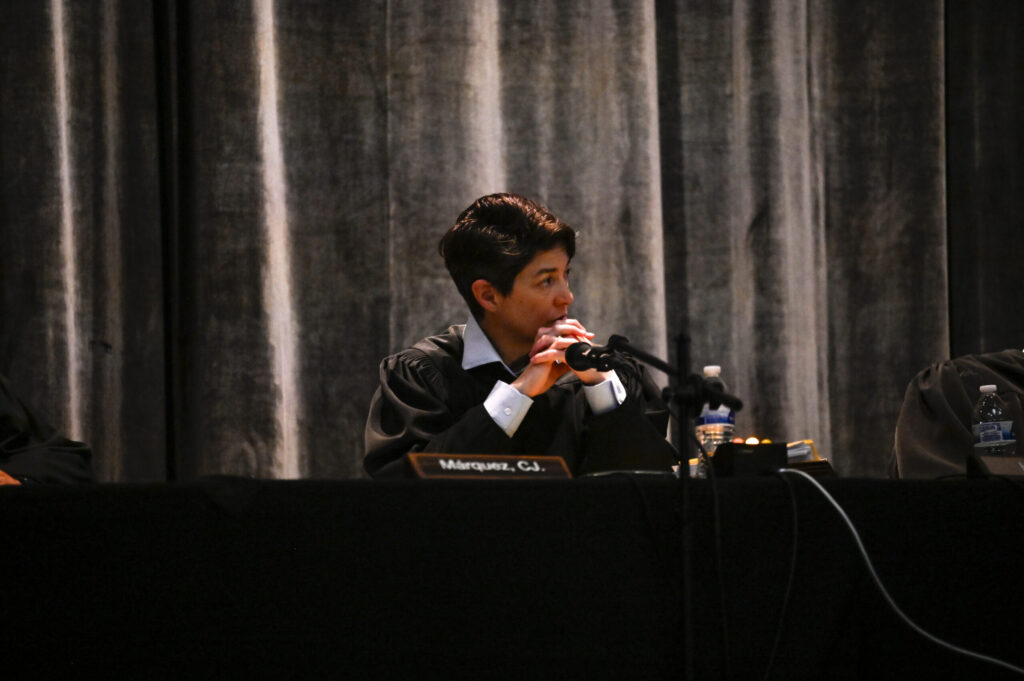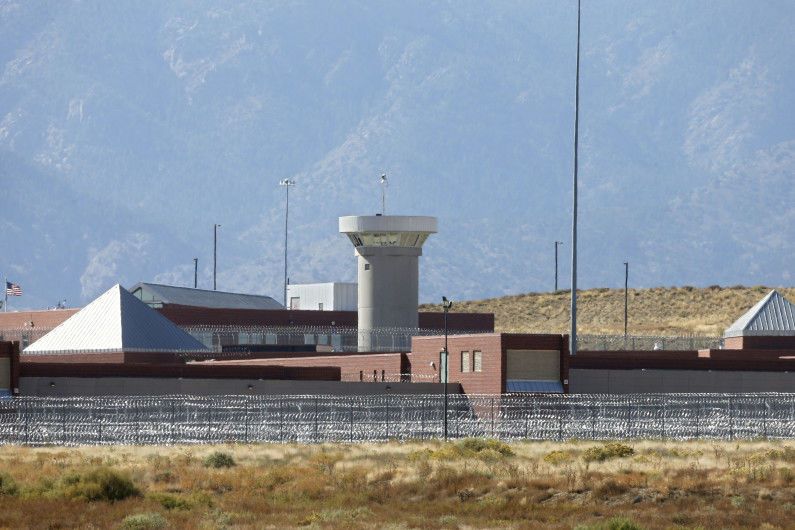Federal judge to Elizabeth School District: Put banned books back by weekend
A federal judge on Thursday refused to put her prior ruling on hold while an appeal plays out, and instead ordered Elizabeth School District to return 19 restricted books to library shelves by Saturday.
U.S. District Court Judge Charlotte N. Sweeney rejected the Elbert County district’s claims that her original order was unfair, “breathtakingly broad” and would require whole new library policies. She also slammed the district for disclosing, only after she issued her order, that it had “discarded” the disputed books entirely.
“Rather than being forthcoming with the Court about these facts, the District previously represented that the Removed Books were available to Plaintiffs, and only Plaintiffs,” she wrote in an April 3 order. “No mention was made of the destruction of the Removed Books.”
In December, the parents of two district students, the local NAACP chapter and The Authors Guild — representing authors of the removed books — sued the district alleging a violation of the First Amendment and its counterpart provision of the Colorado Constitution. The district made a total of 19 books unavailable in schools, with parents noting their objections to “evil trans ideology” offensive content “for most religious people” and the “depravity of Islam,” among other themes.
Sweeney, a Joe Biden appointee, believed the plaintiffs presented strong evidence that their First Amendment rights were violated. She also concluded the act of removing library books did not amount to an exercise of governmental speech, and she observed school board members’ own emails suggested conservative politics was a factor in their decision-making.
“The Court questions what could be more partisan or political than removing books to further the Board’s self-described conservative values,” wrote Sweeney on March 19. “That parents want to remove books for partisan reasons does not permit government officials to do the same.”
The district quickly moved to appeal her decision in the U.S. Court of Appeals for the 10th Circuit. Its lawyers also asked Sweeney to stay, or pause, her injunction while the appeal proceeded. In doing so, the district heavily criticized how she handled the prior decision.
“At the very least, the Court should have heard testimony from the Board members, weighed the competing evidence, and made credibility determinations before reaching a conclusion about the Board’s motives,” the attorneys wrote. Further, the injunction is “breathtakingly broad. Any decision to remove any book for any facially valid reason could be subject to second-guessing by the Court.”
The plaintiffs countered there would be no harm to the district by restoring the books. Four days after the district filed its request, the plaintiffs’ attorneys wrote to their counterparts indicating they were donating all of the restricted books free of charge to the district.
In a follow-up filing on Monday, the district told Sweeney that the school board held a meeting on March 28, where it rejected all but one of the plaintiffs’ donated books. For the one title it accepted, the superintendent was “instructed to hold the book until further notice.”
The district, in a statement from superintendent Dan Snowberger, also told Sweeney for the first time that the district had discarded the restricted books from its libraries. Although an unidentified donor gave copies of the books to the district in January, they were not placed on shelves.
In response, Sweeney defended her decision to rely on board members’ own characterizations of their actions via email when reaching her conclusion about their political motivations. She noted that whether the district accepts the book donation “is not this Court’s concern,” but she criticized the district for not being transparent with her about the status of the removed books.
Because donated books are available, Sweeney wrote, the district “can no longer argue that it will suffer irreparable harm by being forced to repurchase the books.”
Finally, she disputed the district’s characterization of her injunction as “breathtakingly broad.”
“The Court’s order merely requires the District to adhere to the minimum basic constitutional requirements,” she wrote, “by enjoining the District from removing additional books because the District disagrees with the views expressed therein or merely to further their preferred political or religious orthodoxy — as was made apparent in the Board’s contemporaneous emails.”
Sweeney directed the district to restore the books to school libraries by 5 p.m. on April 5.
The case is Crookshanks et al. v. Elizabeth School District.













